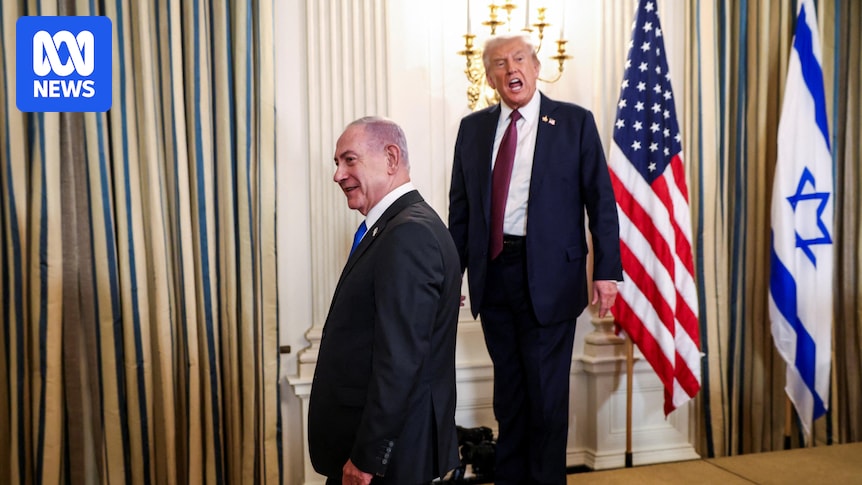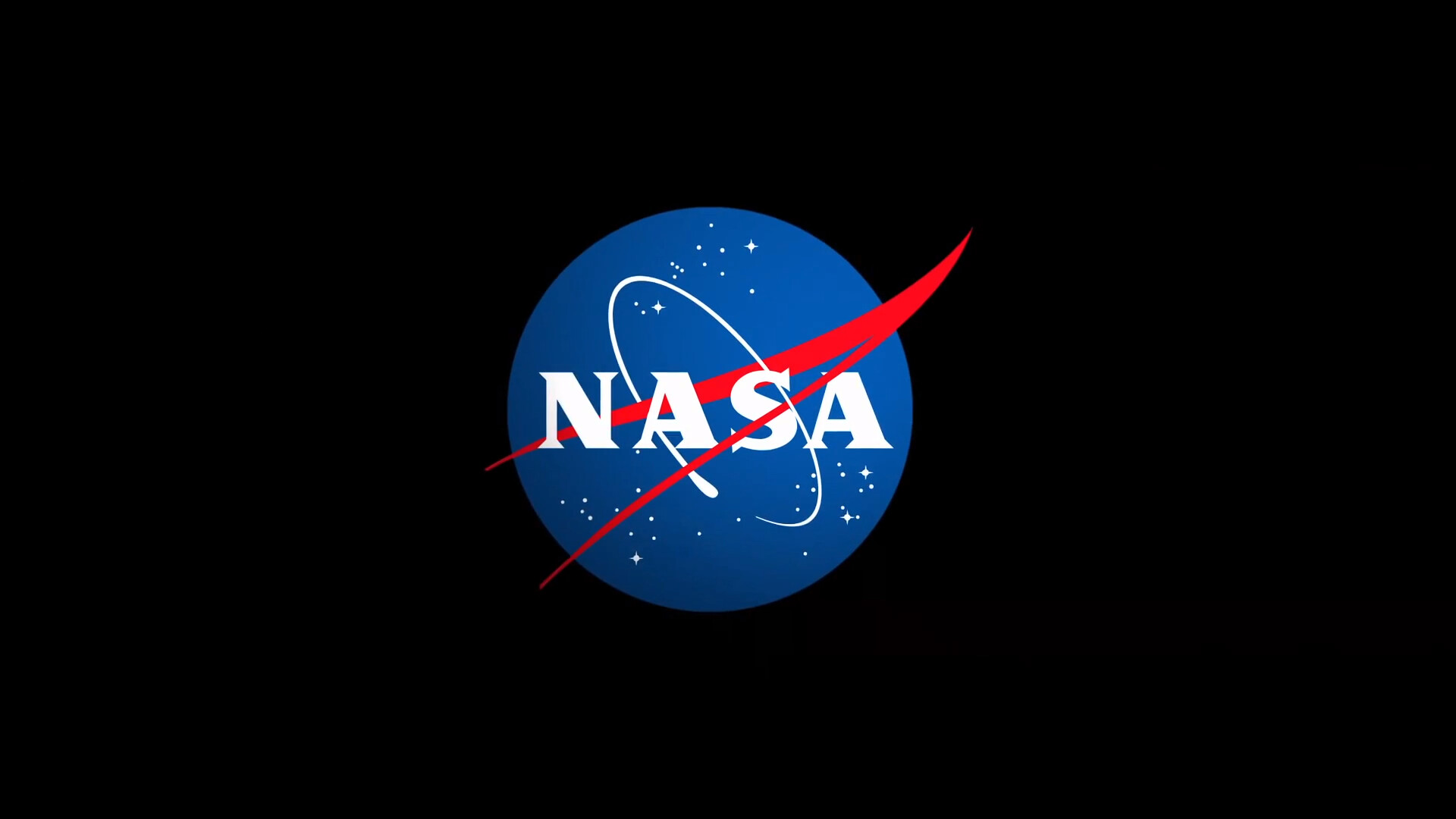
The murder of worshippers at a Manchester synagogue has brought the Middle East conflict sharply into focus in the West this week. This tragic incident, occurring on Yom Kippur, the holiest day in Judaism, underscores the pervasive issues of antisemitism, religious hate, and terrorism. It also coincides with the third anniversary of the Hamas-led attack on Israelis on October 7, which claimed nearly 1,200 lives.
The ongoing conflict in Gaza, marked by a staggering death toll of 65,000 and a humanitarian crisis of starvation and displacement, is now fueling a broader geopolitical unease. This unrest is spreading globally, affecting international relations and regional stability.
Trump’s Peace Plan Under Scrutiny
Earlier this week, former U.S. President Donald Trump unveiled a 20-point peace plan alongside Israeli Prime Minister Benjamin Netanyahu. Trump claimed, “I’ve settled so many wars,” suggesting that this plan could be the most significant peace initiative in the Middle East in 3,000 years. However, his assertion that all Arab and Muslim nations, along with Israel, had agreed to the plan was quickly challenged.
By the week’s end, it was evident that Hamas was unlikely to accept the proposal. More critically, the global community, including Israel, appeared divided. According to Al Jazeera, Netanyahu’s public acceptance of the plan was contradicted by his later statements in Hebrew, where he clarified that Israel had not agreed to a Palestinian state and would maintain a military presence in Gaza.
International Reactions and Misinterpretations
While Trump was hailed by some as a peacemaker, the reality was more complex. Le Monde reported that Arab nations felt deceived, noting substantial amendments to the plan at Israel’s behest. These changes included proposals for revitalizing the Palestinian Authority and establishing a Palestinian state, which were not part of the final document released by the White House.
France, having recently pushed to recognize Palestine at the United Nations, expressed mixed feelings. While supporting the plan as a continuation of its UN efforts, France remained cautious, wary of offending the U.S. and concerned about potential diplomatic fallout with Israel.
Regional and Global Implications
The geopolitical tensions extend beyond the Middle East, affecting regions closer to home. Indonesia and Pakistan, representing a significant portion of the global Muslim population, were present at Trump’s meeting with Arab nations. They, too, felt misled by the discrepancies between what was discussed and what was announced.
Protests have erupted worldwide, from Barcelona to Kuala Lumpur, as public outrage over Gaza’s plight grows. The European Commission has proposed trade sanctions against Israel, and American voters are increasingly opposing further aid to Israel. This shift is mirrored in U.S. politics, with Congressional Democrats distancing themselves from AIPAC.
South-East Asia’s Dilemma
In South-East Asia, countries are grappling with the dual pressures of U.S. tariffs and the ongoing conflict. Singapore, traditionally allied with Israel, faces internal unease about its stance. The region’s countries, historically balancing relations between China and the U.S., now find themselves leaning towards China, as detailed in a study by Singapore academics Yuen Foong Khong and Joseph Chinyong Liow.
“For decades, South-East Asia’s leaders have disavowed the notion that they have to choose [between the U.S. and China]… The region is drifting toward China, a fact that bodes ill for American ambitions in Asia.”
The combined impact of the Gaza conflict and economic pressures is accelerating this shift, raising questions about the future of U.S. influence in the region.
As the world watches the unfolding events, the implications of these geopolitical shifts remain uncertain. The U.S. faces a critical juncture in its foreign policy, with the need to reassess its strategies in light of these developments. The coming weeks will be crucial in determining the trajectory of international relations and the potential for peace in the Middle East.






